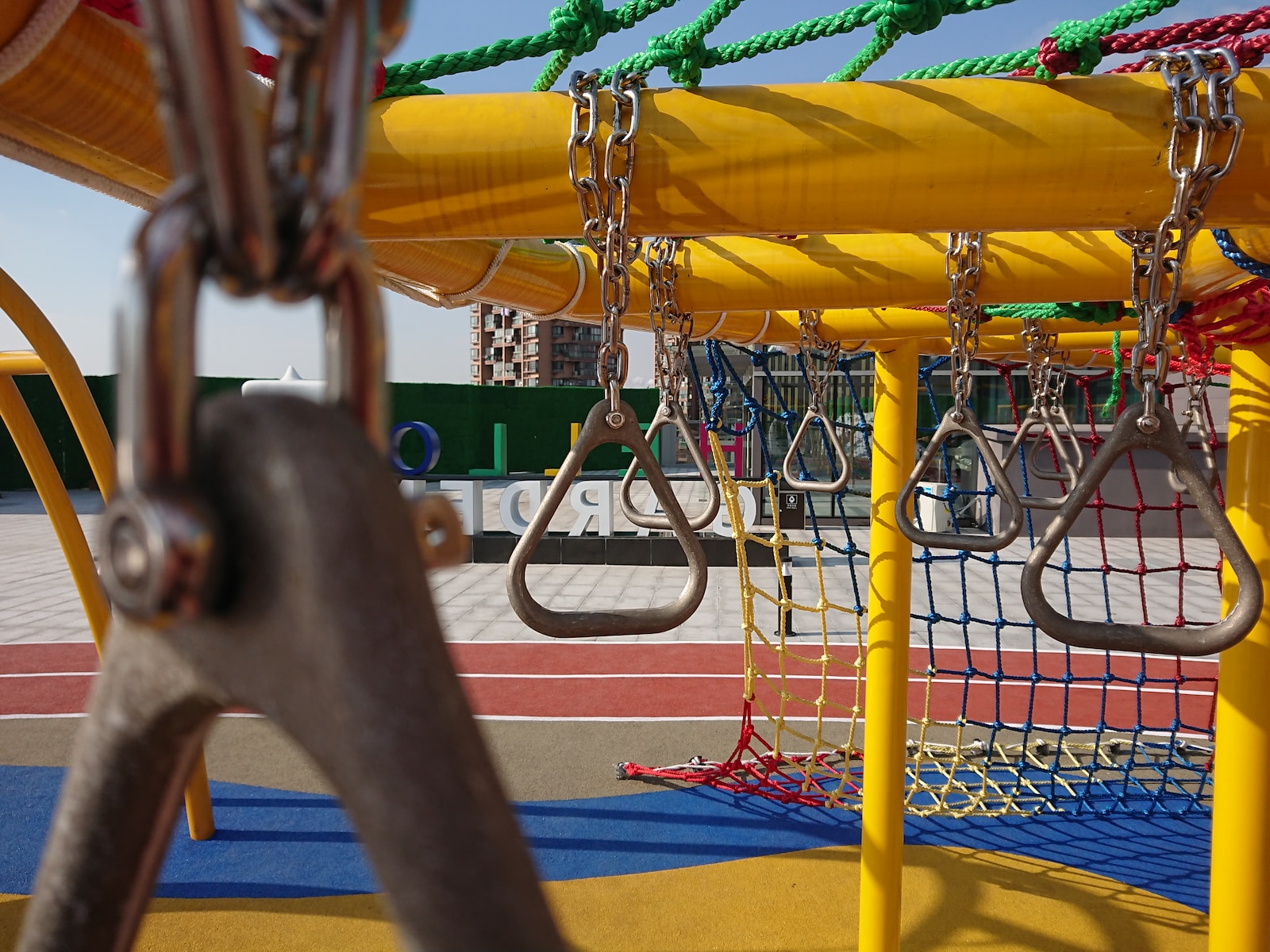Abstract
There is growing interest in understanding the extent to which natural environments can influence learning particularly in school contexts. Nature has the potential to relieve cognitive overload, reduce stress and increase wellbeing—all factors that are conducive to learning. This paper provides a PRISMA-guided systematic review of the literature examining the effects of nature interventions on the cognitive functioning of young people aged 5 to 18 years. Examples of nature interventions include outdoor learning, green playgrounds, walks in nature, plants in classrooms and nature views from classroom windows. These can vary in duration and level of interaction (passive or active). Experimental and quasi-experimental studies with comparison groups that employed standardized cognitive measures were selected, yielding 12 studies from 11 papers. Included studies were rated as being of high (n = 10) or moderate quality (n = 2) and most involved short-term nature interventions. Results provide substantial support for cognitive benefits of nature interventions regarding selective attention, sustained attention and working memory. Underlying mechanisms for the benefits were also explored, including enhanced wellbeing, cognitive restoration and stress reduction—all likely to be contributors to the nature-cognition relationship. The cognitive effects of nature interventions were also examined according to age and school level with some differences evident. Findings from this systematic review show promise that providing young people with opportunities to connect with nature, particularly in educational settings, can be conducive to enhanced cognitive functioning. Schools are well placed to provide much needed ‘green’ educational settings and experiences to assist with relieving cognitive overload and stress and to optimize wellbeing and learning.
Authors: Vella-Brodrick, D. A., & Gilowska, K.
Journal: Educational Psychology Review
Year: 2022
